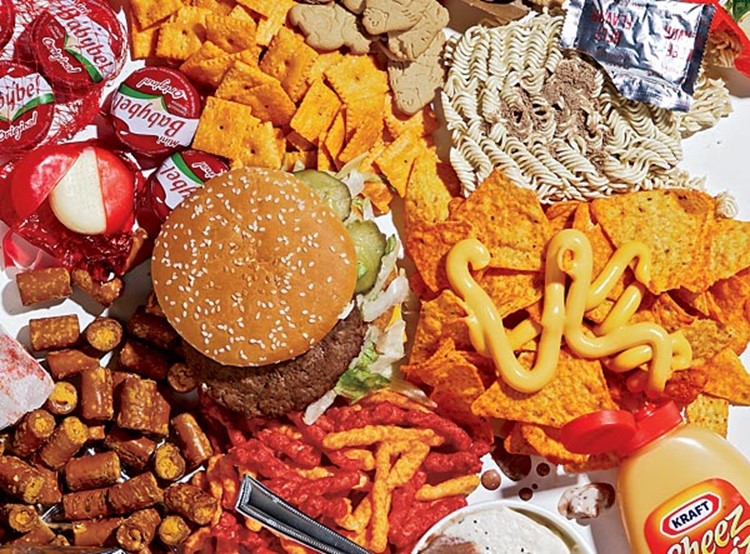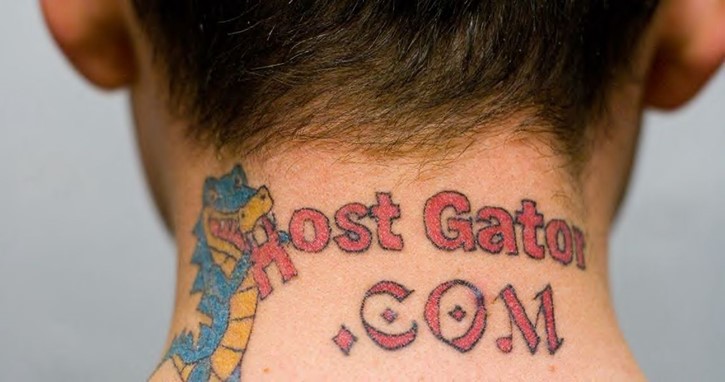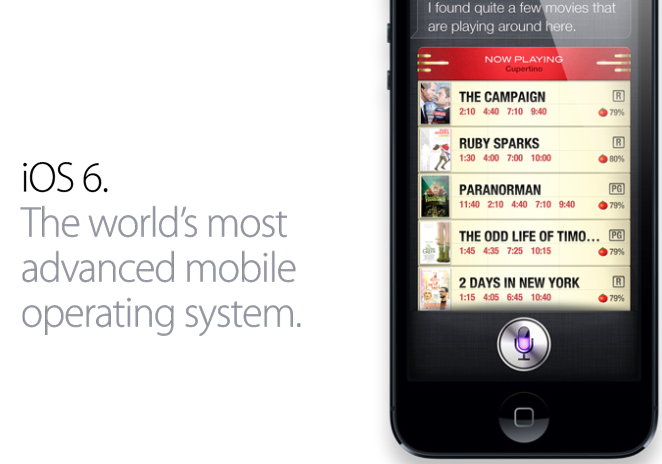The Last Meal
September 23, 2012 in Daily Bulletin, Signature

Before being executed, it is tradition to offer inmates whatever last meal they desire. Dashiell Bennett looked at a study that examined what exactly people ordered for their last meal:
- The average last meal had 2,756 calories.
- Over 80% requested meat. Over 60% requested something fried.
- Fruits and vegetables were rarely ordered (obviously.) But pasta and pizza were also rare.
- 20% didn’t order anything.
- Branded foods were popular – probably because they didn’t want to be surprised or disappointed for their final meal.
- This study has scientific value: it suggests that perhaps doctors shouldn’t tell patients they may die if they eat unhealthily. Knowing that one’s demise is imminent seems to make people eat more unhealthily – because they know it won’t matter.
See what one of these meals looked like, previous analysis of people’s last meal, and other details over here.
Source: The Atlantic









Join the Discussion! (No Signup Required)